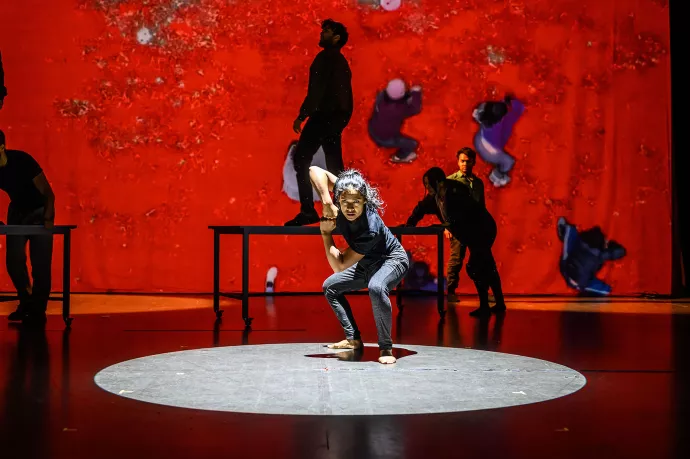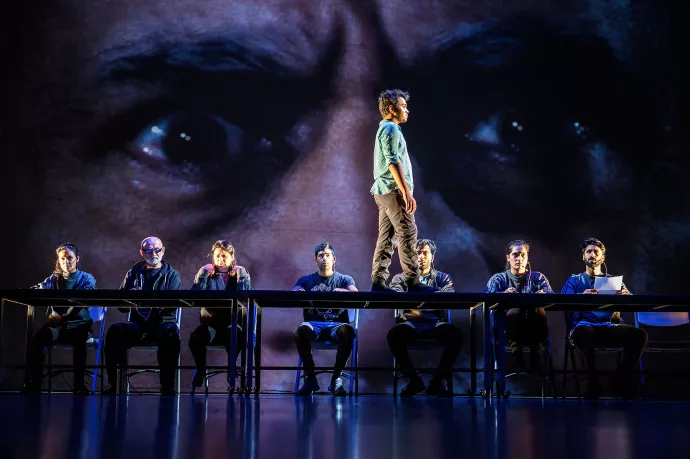
Retelling an epic story: UTM professor discusses Mahabharata at Shaw Festival
You’ve probably heard of the Iliad or the Odyssey, yet there’s another renowned ancient epic poem that’s almost 10 times longer than those two combined.
Almost 4,000 years old, the Sanskrit poem Mahabharata is foundational to Indian culture and commonly known throughout South Asia. The epic narrates the struggle between two groups of cousins – the Kaurava and the Pandava – in the Kurukshetra War. It is now being reimagined with a contemporary lens as a theatre production at the Shaw Festival in Niagara-on-the-Lake, Ont.
Presented by Toronto’s South Asian-led Why Not Theatre, the story features a family feud that dives into profound philosophical and spiritual contemplation and ideas. Presented in two parts, Karma and Dharma, the play begins on Feb. 28 and will run on multiple days throughout March. The production is written and adapted by Ravi Jain and Miriam Fernandes using poetry from Carole Satyamurti’s Mahabharata: A Modern Retelling.
But a long ancient epic with a myriad of characters might be overwhelming to digest and contextualize for audiences unfamiliar with the story. UTM’s Lawrence Switzky and Brock University’s Karen Fricker are hosting Mahabharata: Conversations – virtual conversations with experts and artists to discuss the significance of this epic tale. These conversations are for those who may not be familiar with the poem as well as those who would like to know more.
“It’s an attempt to contextualize this first production,” says Switzky, associate professor of 20th-century and contemporary drama at UTM. “It’s a series of three conversations with various experts who have insights into different ways in which the Mahabharata exists in culture, theatre, TV, comic books, and film.
“And in storytelling at aunties' tables and the various ways which it lives within the life and culture of the South Asian diaspora.”

The conversations run on three days – Feb. 22, March 8, and March 2. They will focus on the storytelling traditions this centuries-old epic poem has produced as well as the production itself.
Switzky and Fricker have been attending rehearsals and consulting with Why Not Theatre, following the production of the play. The two are now helping the theatre company assemble the script to be published in the summer so that the play may tour internationally.
Switzky is excited with the prospect of an international tour; it’s a production of a “great scale” which he says is rare for Canadian theatre.
“This will be a Canadian theatre piece that will live in many countries," he says. “We like the idea that there's a company with that kind of ambition.”
Switzky says his involvement in the production is also part of UTM's renewed focus on South Asian diaspora arts. The university has recently launched the Centre for South Asian Civilizations, a new course in modern South Asian literature, and workshops with alumni authors Sarena and Sasha Nanua.
